Colorado Snow Survey
Colorado Snow Survey Data Collection Office
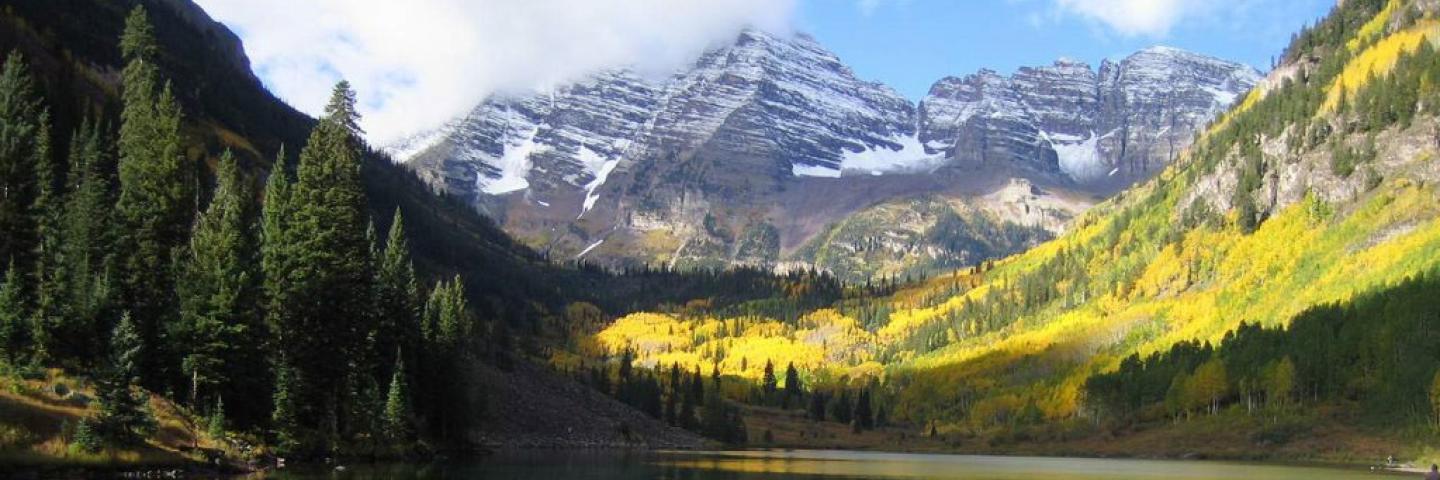
The NRCS helps private landowners care and make healthy choices for soil, water, air, plants, and animal habitats. Much of the Agency's work is accomplished through partnerships, providing technical assistance, and financial assistance through conservation programs within the Farm Bill.
For more than 80 years, we have helped people make investments in their operations and local communities to keep working lands working, boost rural economies, increase the competitiveness of American agriculture, and improve the quality of our air, water, soil, and habitat.
Through one-on-one, personalized advice, we work voluntarily with producers to find the best solutions to meet their unique conservation and business goals. By doing so, we help ensure the health of our natural resources and the long-term sustainability of American agriculture.
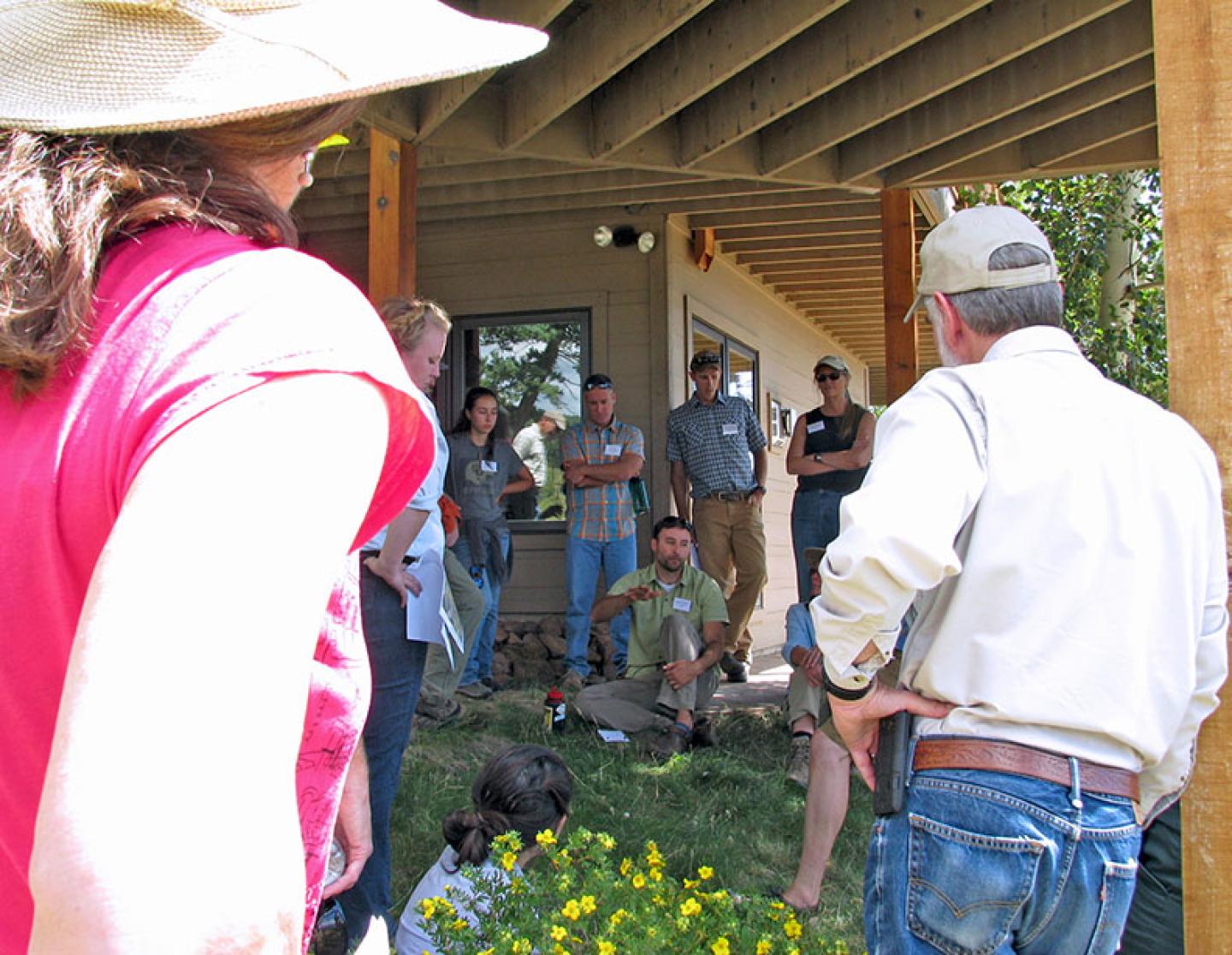
The NRCS helps conserve Colorado’s agricultural landscapes and its natural resources one partnership at a time. Learn about Colorado's Local Working Groups; watch as partners share their experiences.
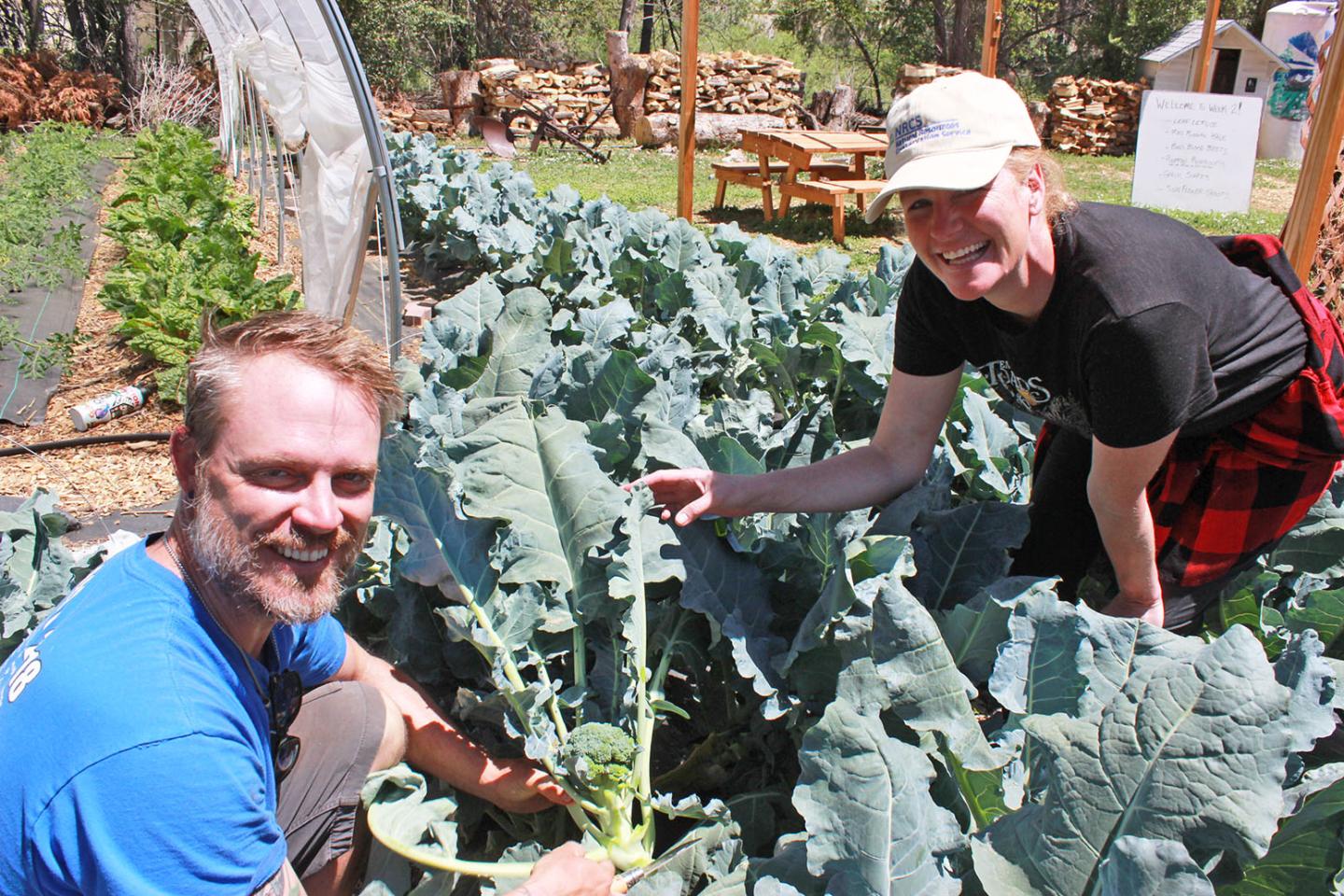
CTA is the help NRCS and its partners provide to land users to address natural resource opportunities, concerns, and problems and to help land users make sound natural resource management decisions.
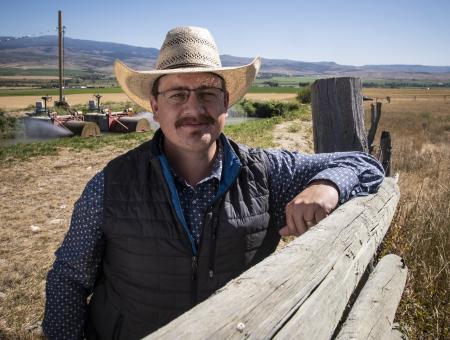
NRCS provides financial assistance for selected conservation practices. The availability and amount of financial assistance can vary between states.
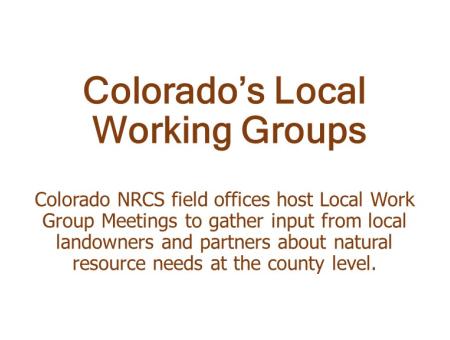
State Technical Committees serve in an advisory capacity to the Natural Resources Conservation Service (NRCS) and other agencies of the U.S. Department of Agriculture (USDA) on the implementation of the natural resources conservation provisions of Farm Bill legislation.
Do you farm or ranch and want to make improvements to the land that you own or lease?
Natural Resources Conservation Service offers technical and financial assistance to help farmers, ranchers and forest landowners.
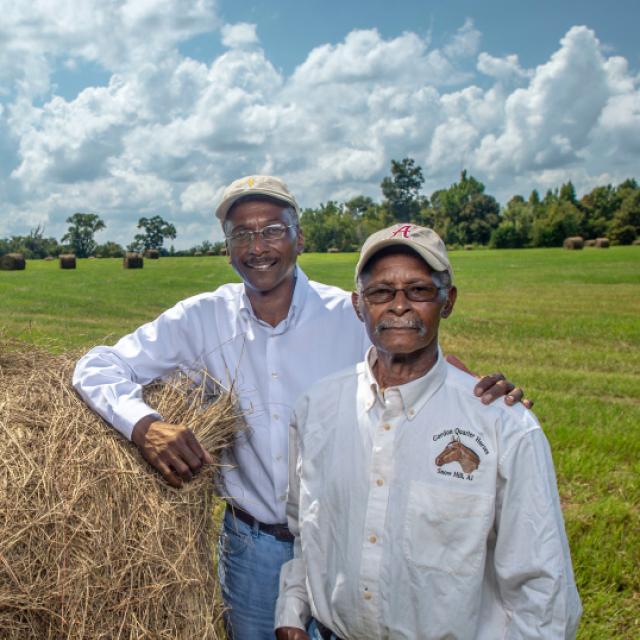
To get started with NRCS, we recommend you stop by your local NRCS field office. We’ll discuss your vision for your land.
NRCS provides landowners with free technical assistance, or advice, for their land. Common technical assistance includes: resource assessment, practice design and resource monitoring. Your conservation planner will help you determine if financial assistance is right for you.
We’ll walk you through the application process. To get started on applying for financial assistance, we’ll work with you:
Once complete, we’ll work with you on the application, or CPA 1200.
Applications for most programs are accepted on a continuous basis, but they’re considered for funding in different ranking periods. Be sure to ask your local NRCS district conservationist about the deadline for the ranking period to ensure you turn in your application in time.
As part of the application process, we’ll check to see if you are eligible. To do this, you’ll need to bring:
If you don’t have a farm number, you can get one from USDA’s Farm Service Agency. Typically, the local FSA office is located in the same building as the local NRCS office. You only need a farm number if you’re interested in financial assistance.
NRCS will take a look at the applications and rank them according to local resource concerns, the amount of conservation benefits the work will provide and the needs of applicants. View Application Ranking Dates by State.
If you’re selected, you can choose whether to sign the contract for the work to be done.
Once you sign the contract, you’ll be provided standards and specifications for completing the practice or practices, and then you will have a specified amount of time to implement. Once the work is implemented and inspected, you’ll be paid the rate of compensation for the work if it meets NRCS standards and specifications.